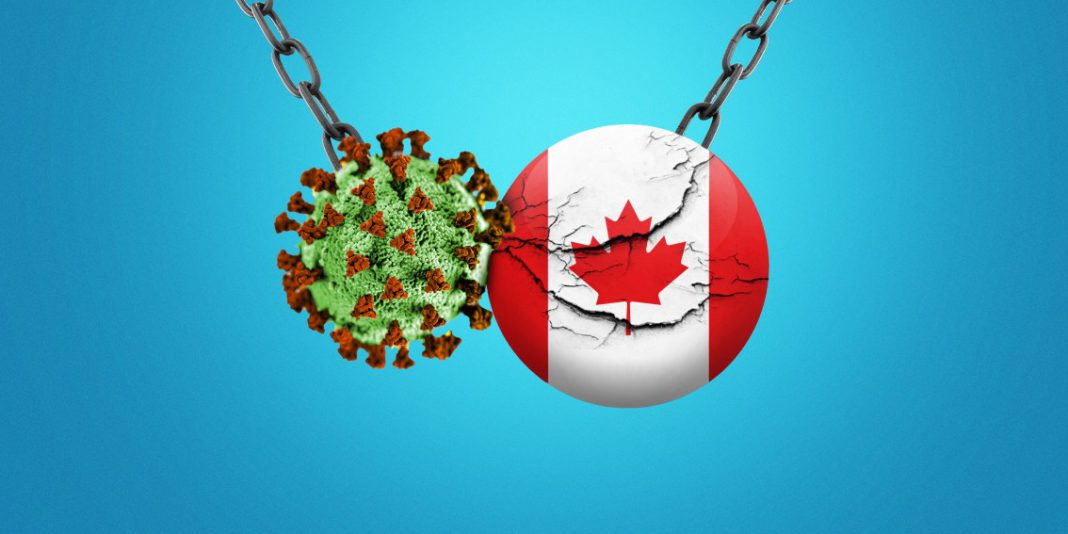Opioid deaths skyrocket, mental health suffers because of pandemic restrictions, new federal report says |
|
|
|
|
| The COVID-19 pandemic has wreaked havoc on Canadians suffering from mental illness, opioid addiction and other substance abuse problems, according to a new study released today by the Public Health Agency of Canada (PHAC) that confirmed anecdotal reports warning that the pandemic’s health consequences extend well beyond the novel coronavirus itself. „These findings are more than just uncomfortable facts about our country during this pandemic. They’re the lived realities of countless Canadians,” Chief Public Health Officer Dr. Theresa Tam said Wednesday.
Efforts to curb the spread of COVID-19 through social distancing and shutdowns have kept the Canadian caseload relatively low compared to other jurisdictions globally, writes CBC’s J.P. Tasker. But the overall health of the population has deteriorated over the last eight months, with more people turning to drugs, alcohol, tobacco and screen time over physical exercise to cope with the stress. Beyond the COVID-19 pandemic, Canada is still in the grips of an opioid crisis — a crisis that is now much worse than it was just a year ago. With travel and border restrictions in place, the local opioid supply has grown more toxic and dangerous, PHAC said. While Canada made meaningful progress in reducing the rate of overdoses in 2018-19, the number of deaths has increased significantly since the start of this year. PHAC heard from frontline workers who said that, because of social restrictions, many more people have been using opioids alone, „decreasing the chance of intervention if they overdose and contributing to the increase in overdose-related fatalities.” Physical distancing measures at safe-consumption sites designed to prevent the spread of COVID-19 also resulted in more opioid-related deaths. The pandemic and its resulting restrictions on social and economic life have had a lasting impact on mental health. PHAC found that, because of shelter-in-place restrictions, more women have had to stay with abusive partners and LGBTQ children have been confined to homes with homophobic and transphobic parents and caregivers. Child welfare agencies are reporting a drop in abuse or neglect reports — but they fear it’s because fewer cases are being reported now that more school-age children are stuck at home without access to school or sports. But it’s not just vulnerable and marginalized Canadians who have seen notable drops in mental wellness. Canada has gone from one of the happiest countries in the world — ninth out of 156 countries, according to a 2019 UN report — to one that is noticeably less so. In 2018, 68 per cent of Canadians age 15 years and older reported excellent or very good self-perceived mental health. This figure dropped to 54 per cent in late March and early April 2020 before going lower still to 48 per cent in early May, according to Statistics Canada data. Indigenous people, the disabled and low-income Canadians also have reported experiencing more suicidal thoughts since the outbreak, PHAC found. |

Dr T.Tam: „Opioid deaths skyrocket, mental health suffers because of pandemic restrictions.”
0



